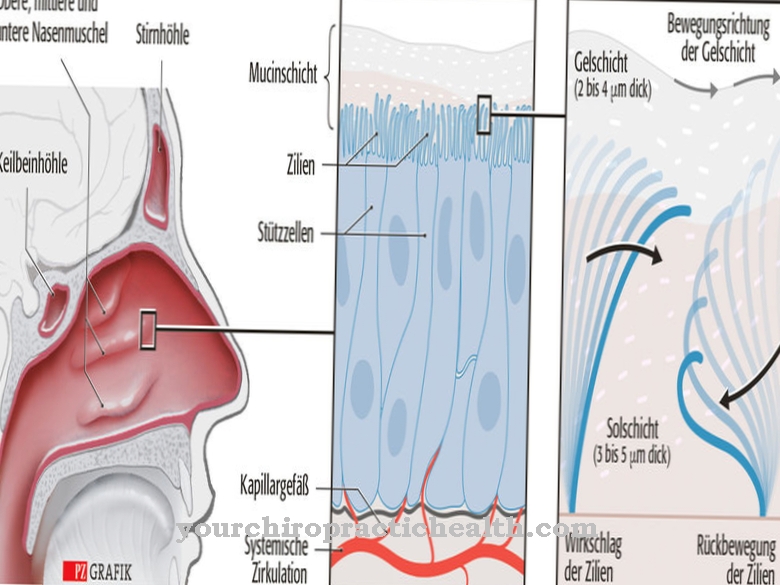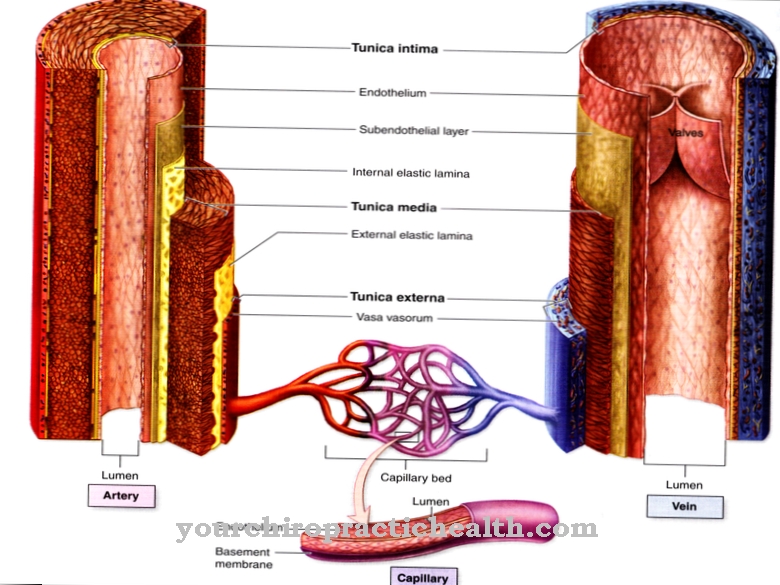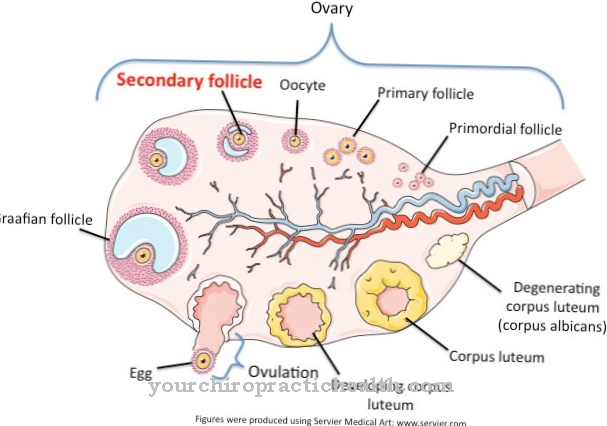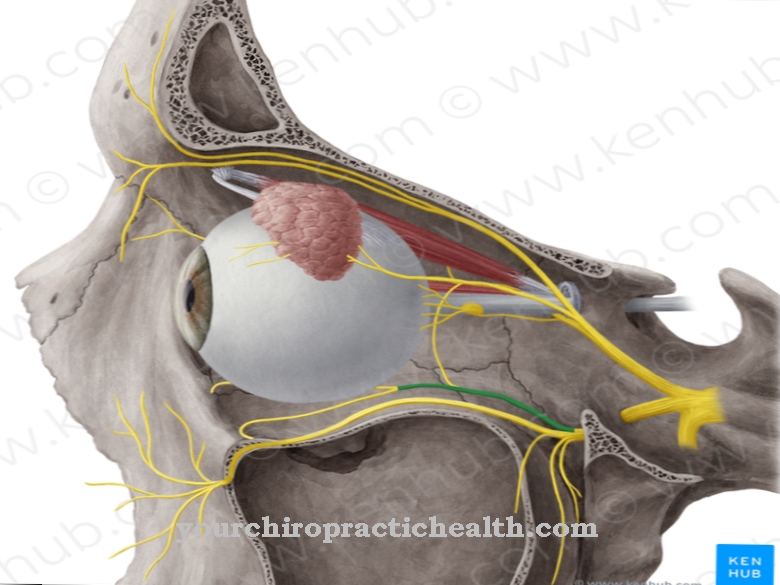As Feces are the excretions of humans from the intestines. In comparison to urine, it has a firm consistency. Its color is brown and its odor is unpleasant.
What is feces?
Feces is a product of the intestine. It consists of water, bacteria, food components that are not used or processed by the body and dead cells of the intestinal skin. Due to fermentation and putrefaction gases, it smells strong and unappetizing.
Feces have a lot of different names popularly, which includes shit and poop. It is often used as a swear word in this regard, which is why the fecal language specific to it arose. Another neutral term is chair or bowel movements. In the 16th century it was modified from the body chair, which was an early form of the toilet with a hole in the seat and a pot underneath.
The examination of bowel movements is a separate discipline, because in the time before modern medicine, urine and feces were the only body excretions that allowed an assessment of the internal processes of the body and possible imbalances. This discipline still exists today and is called scatology. Stool samples are still taken today, for example, to detect colon cancer through hidden blood.
composition
The digestion and breakdown of food begins as soon as it is ingested in the mouth. In the stomach, gastric acid permeates the chyme within 90 minutes. Regular movements of the muscles mix it up, which accelerates its decomposition. The porridge is then pressed into the duodenum by the gatekeeper, which is the first stop in the small intestine.
The pulp is broken down further and in a final way by the bile and the pancreatic secretions. The required nutrients are absorbed into the bloodstream via the intestinal mucosa and brought to the places where they are needed. In the small intestine, a large part of the water is also withdrawn from the pulp. The remaining water is then drawn out in the large intestine. The faeces enter the anus via the rectum and from there it is excreted from the body.
It consists of fiber, undigested lipids, starch, and connective tissue and muscle fibers. Dyes from the bile, called bilirubin and biliverdin, are broken down and give the feces its brownish color. Indole and skatole, two chemical substances that are created when proteins are broken down, are responsible for the unpleasant smell. Hydrogen sulfide, which is produced during the digestion of sulfur-containing proteins, contributes its part to the fragrance note.
Function & tasks
The function of stool is to remove no longer used or unusable parts of the food from the body. Feces also consist to a small extent of muscle fibers, mucus and dead intestinal cells and thus contribute significantly to the self-cleaning of the body.
Its consistency, color and smell are also important indicators of any diseases that may be present. Normal colors are all brown levels as well as green for spinach consumption and red for beetroot. Black is known as a tarry stool, unless it is due to liquorice enjoyment. It indicates blood and thus indicates a possible tumor.
The deviating consistency of a formed homogeneous mass can also indicate diseases such as cholera, typhus or amoebic dysentery. In these cases one speaks of rice water-like, pea-like or raspberry jelly-like stool. If the feces smell sour, putrid or like blood, the digestive process is impaired and requires closer examination.
A healthy person will have a bowel movement once or twice a day to every two to three days that will cause them to pass feces. The range is quite wide because it differs from person to person.
You can find your medication here
➔ Medicines for constipation and intestinal problemsIllnesses & ailments
One speaks of diarrhea when the stool is of a liquid consistency. The bowel evacuation takes place several times throughout the day and suddenly occurs with great urge. The occurrence of diarrhea is a symptom, so it is not a disease in itself.
The most common triggers are infection and food poisoning. In this case, the diarrhea is a self-cleansing of the body, which is effective in most cases and goes away on its own. It is important to drink a lot and consume electrolytes to prevent a deficiency.
Constipation or constipation means that no feces are excreted for several days. Triggers can be psychological stress factors, but malnutrition and insufficient fluid intake can also be the reason. Usually it helps to reduce the psychological stress and to change the diet. If this does not work and physical complaints such as abdominal pain, abdominal swelling or other impairments arise, it is advisable to consult a doctor as soon as possible.
Colon cancer is the second most common cancer. The risk of developing it is between four and six percent. It occurs especially in the elderly when benign polyps in the colon develop into malignant cancerous ulcers. Signs of this are blood and mucus in the feces, as they disrupt the function of the intestines. As a result, the patient often loses a lot of weight quickly. The examination is carried out rectally and via a colonoscopy. If cancer is found, the affected section of the intestine is surgically removed in most cases. In addition, chemotherapy is carried out.



























